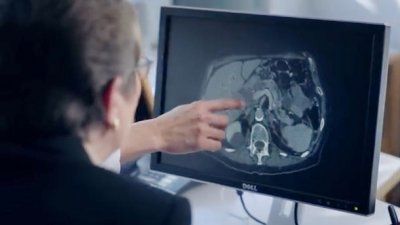UCSF-Led Study Explains How Early Childhood Vaccination Reduces Leukemia Risk
A team led by UCSF researchers has discovered how a commonly administered vaccine protects against acute lymphoblastic leukemia, the most common type of childhood cancer.

University of California San Francisco
Give to UCSFA team led by UCSF researchers has discovered how a commonly administered vaccine protects against acute lymphoblastic leukemia, the most common type of childhood cancer.

An online smoking cessation program that offered personalized guidance and support free of charge to smokers worldwide prompted thousands to quit, and should be used as a blueprint for other global health initiatives, according to Ricardo F. Muñoz, PhD, professor emeritus of psychiatry at UCSF

A team led by UCSF scientists has discovered a possible reason why angiogenesis inhibitors often work in the short term but usually become ineffective within months, one that could lead to a way to prevent cancer relapse.

UCSF scientists have identified a biological escape hatch that explains the resistance to targeted drug treatment in some lung cancer patients.

A new study of acute lymphoblastic leukemia led by UCSF researchers puts an intriguing new twist on anti-cancer strategies.

UCSF Chancellor and Professor Emeritus J. Michael Bishop, MD, Professor Emeritus Harold Varmus, MD, and Chancellor and Professor Emeritus Susan Desmond-Hellmann, MD, MPH, will be highlighted for their pioneering work on cancer in the Ken Burns-produced PBS documentary series “Cancer: The Emperor of All Maladies,” which airs March 30-April 1, 2015.

A new study of acute lymphoblastic leukemia has revealed that the disease has two distinct subtypes, and provides preliminary evidence that about 13 percent of cases may be successfully treated with targeted drugs.

New research finds a special protein may control the survival of deep, near-dormant cancer cells that allow tumors to regrow even after other cells have been eradicated.

A protein called YAP, which drives the growth of organs during development and regulates their size in adulthood, plays a key role in the emergence of resistance to targeted cancer therapies, according to a new study.

With advances in technology and better understanding of people, the health sciences are constantly pushing toward more effective treatments and cures. The question is, where will we see the next breakthroughs in 2015?

Two major factors determine whether you get cancer – your genes and what you have been exposed to in the environment, says Allan Balmain, PhD, co-leader of UCSF’s Cancer Genetics Program.
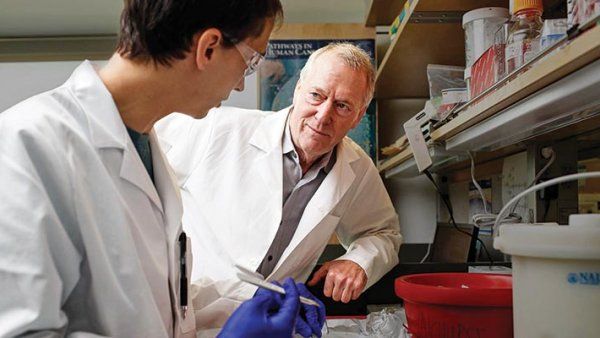
Nonsmokers sitting in an automobile with a smoker had markers of significantly increased levels of carcinogens, indicating that secondhand smoke in motor vehicles poses a potentially major health risk.

UCSF is unveiling a comprehensive cancer genetic testing program integrated with patients' electronic medical records, a major milestone in bringing precision medicine into everyday practice.

UCSF has unveiled a new cloud-based software platform that significantly advances precision medicine for cancer.

Genetically engineering tumors in mice, a technique that has dominated cancer research for decades, may not replicate important features of cancers caused by exposure to environmental carcinogens, according to a new study led by UCSF scientists.

For the first time, researchers have found that exposure to radioactive iodine is associated with more aggressive forms of thyroid cancer, according to a careful study of nearly 12,000 people in Belarus who were exposed when they were children or adolescents to fallout from the 1986 Chernobyl nuclear power plant accident.

California’s position as a leader in tobacco control is under threat, according to a new report from the UC San Francisco Center for Tobacco Control Research and Education.

An international research collaboration led by UCSF researchers has identified a genetic variant common in Latina women that protects against breast cancer.

A newly discovered population of immune cells in tumors is associated with less severe cancer outcomes in humans, and may have therapeutic potential, according to a new UCSF study.

It sounds like science fiction, but it seems that bacteria within us – which outnumber our own cells about 100-fold – may very well be affecting both our cravings and moods to get us to eat what they want, and often are driving us toward obesity.
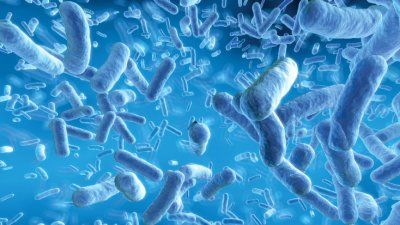
New research partly led by UCSF-affiliated scientists suggests that one in 10 cancer patients would be more accurately diagnosed if their tumors were defined by cellular and molecular criteria rather than by the tissues in which they originated.
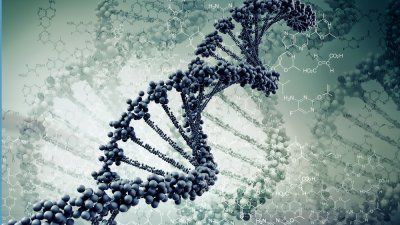
Twitter and other social media should be better utilized to convey public health messages, especially to young adults, according to a new analysis by researchers at UC San Francisco.

UCSF scientists have shown that cancer-induced structural changes in a sugary coating ensheathing cells can promote mechanical interactions that fuel tumor growth and metastasis.

New genomic research led by UCSF scientists reveals that two common gene variants that lead to longer telomeres also significantly increase the risk of developing the deadly brain cancers known as gliomas.
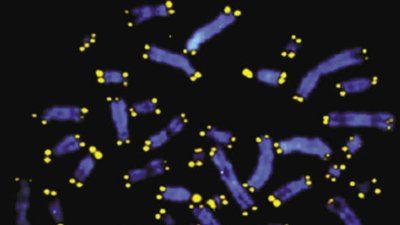
Research led by a UCSF investigator establishes a new benchmark in the treatment of patients with metastatic colorectal cancer and sets a new expectation for how long patients can live with the particularly lethal disease.

From prostate cancer to immunotherapy to genetic testing, UCSF research is providing new insights and aiding in the development of new treatment strategies for cancer.

UCSF scientists have found that industry claims about e-cigarettes are unsupported by the evidence to date, including claims that they help smokers quit.

Deadly skin cancers in mice shrank in response to a new treatment that may complement other “immunotherapies” developed recently to boost the body’s own defenses against disease threats, according to a new study published by UCSF researchers.

Two from UCSF, Frank McCormick, PhD, FRS, and Jason G. Cyster, PhD, have been selected as members of the National Academy of Sciences, one of the highest honors that can be accorded an American scientist.
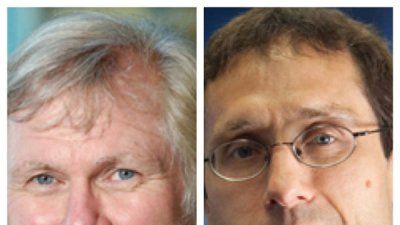
UCSF has been selected to join a national “dream team” on pancreatic cancer, part of a project designed to accelerate treatment and discoveries for one of the most deadly forms of cancer.
